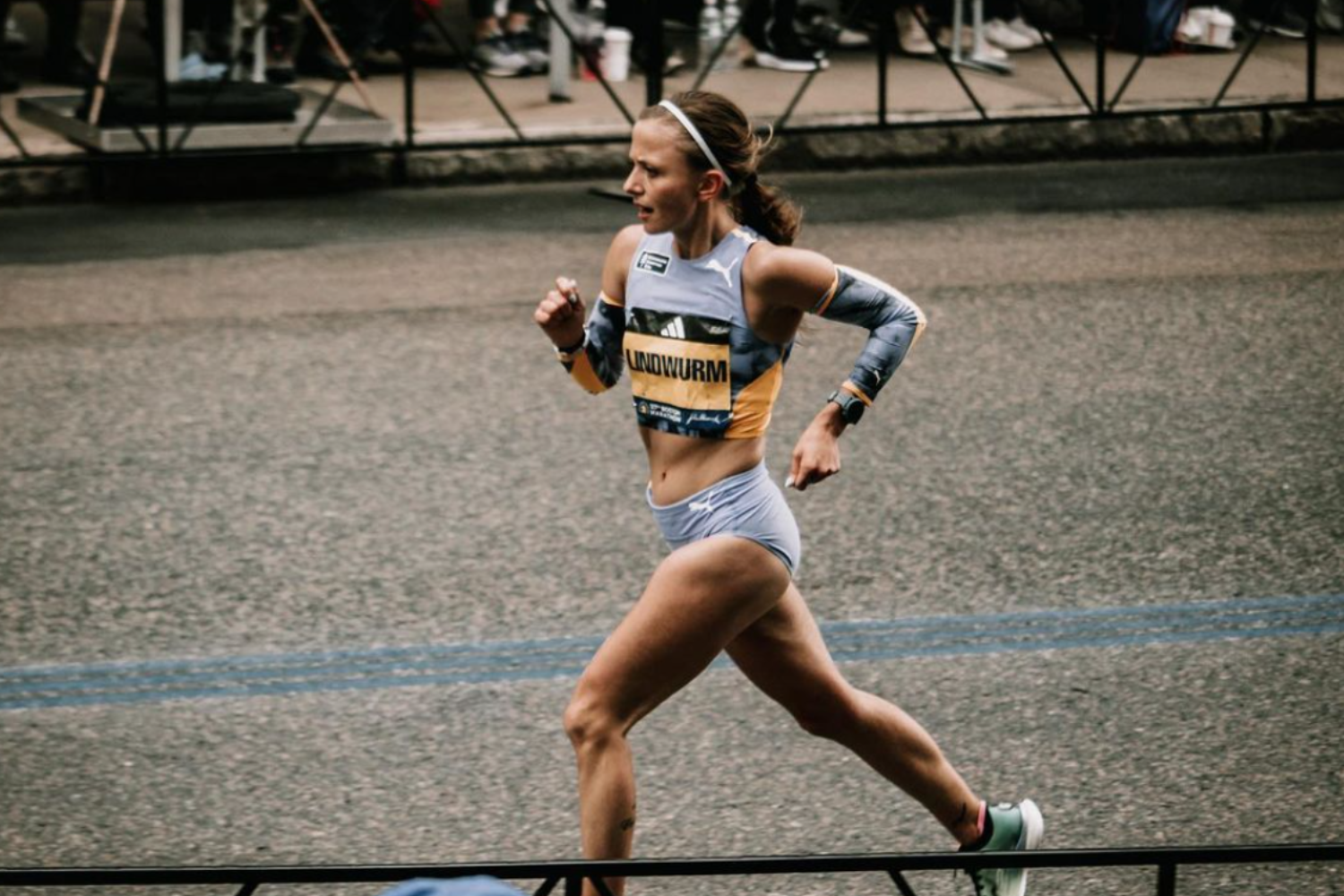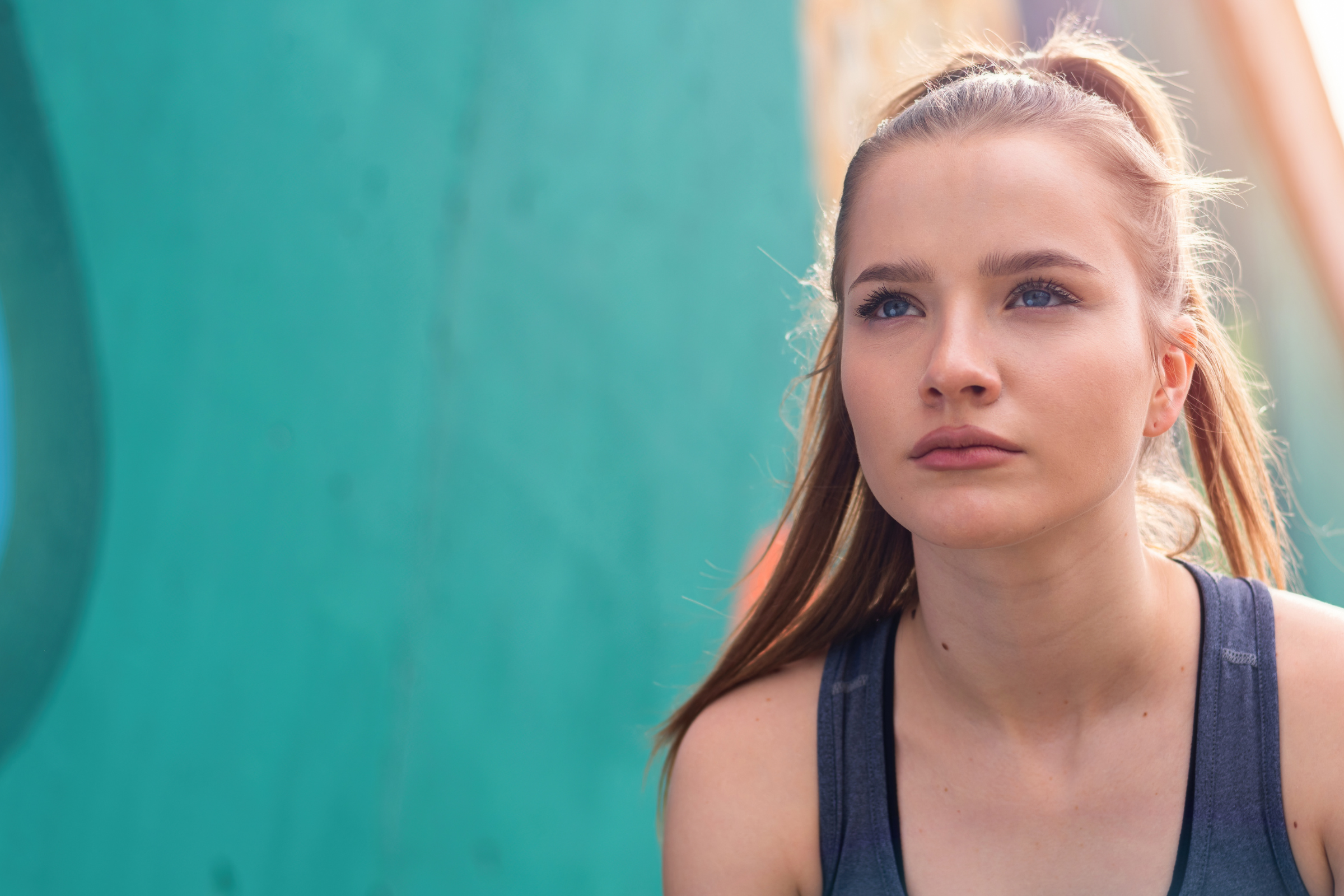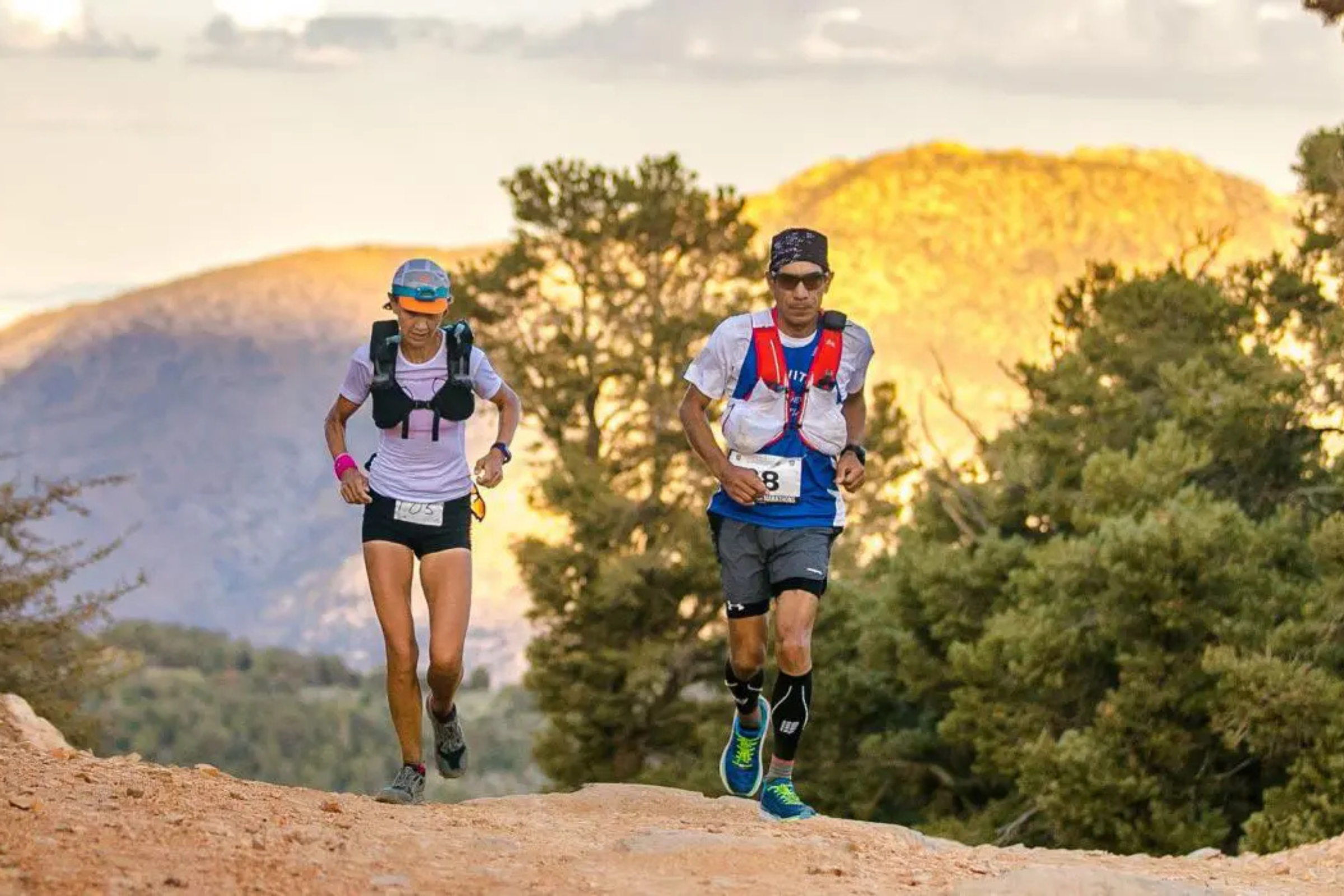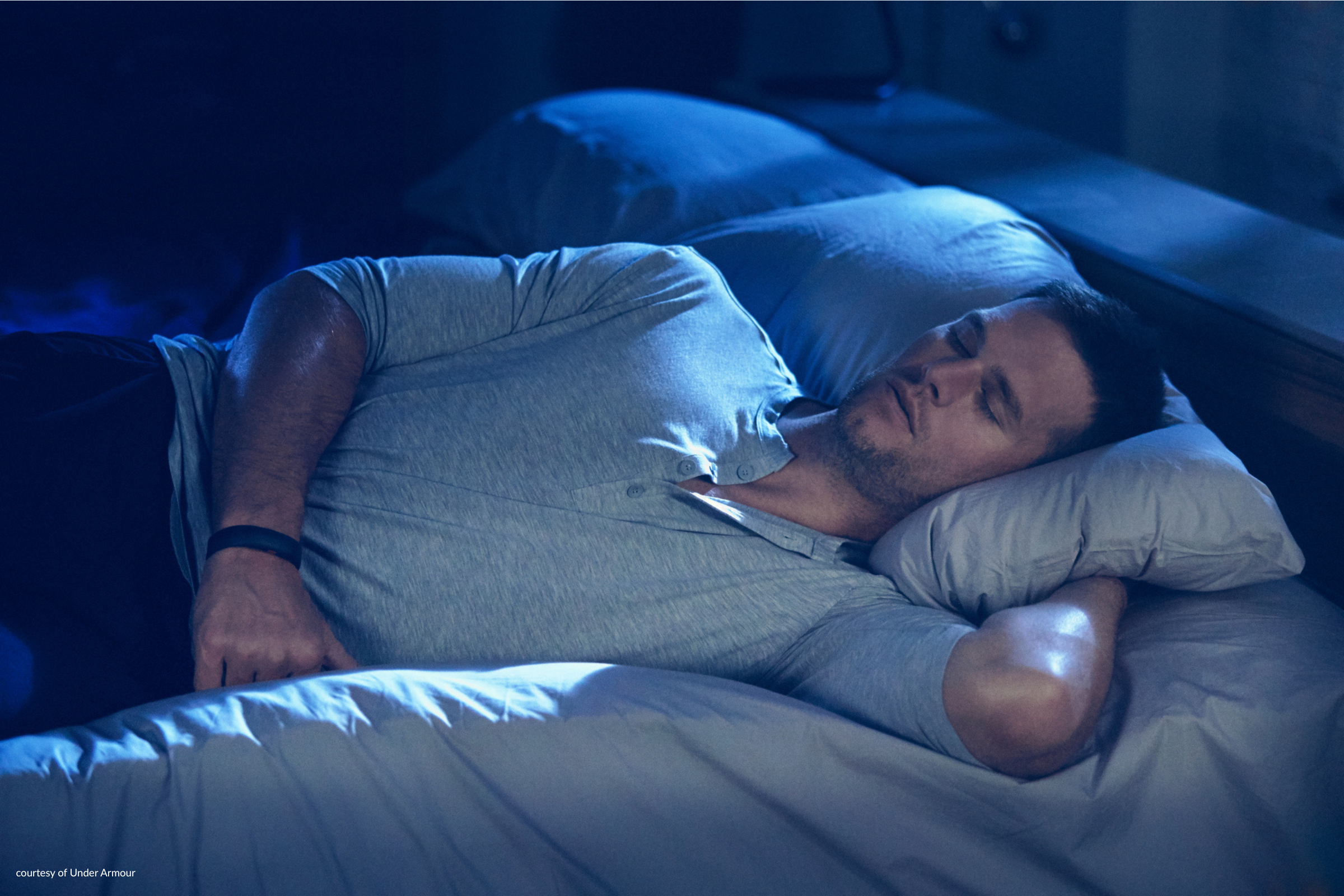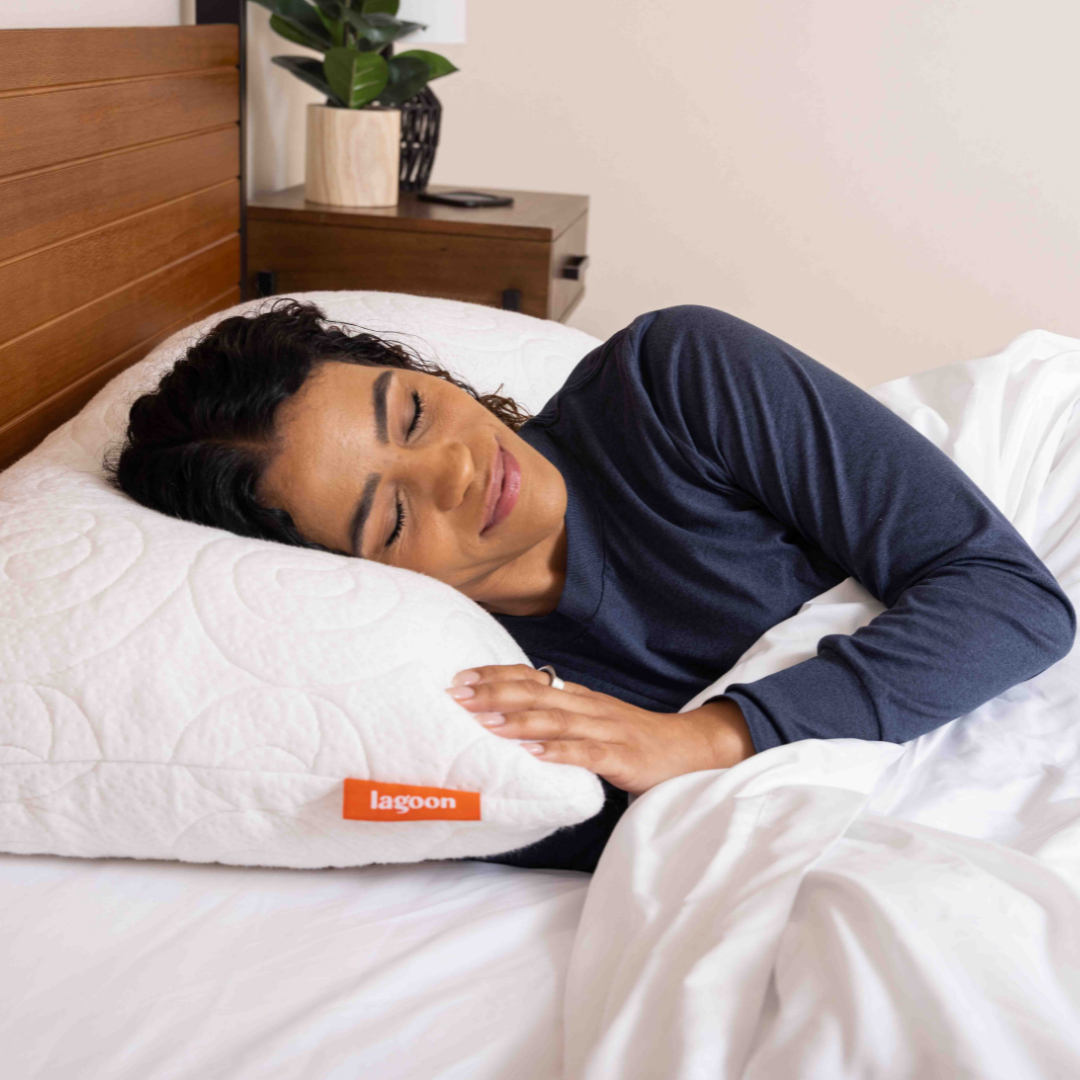Hey packlings 👋
Shoutout to the athletes competing in Paris this summer! What’s the latest news on the cardboard beds athletes will be sleeping on in the Olympic Village? We've got this and much more in this week's edition of Sleep & Fitness!
🥇 Ready, Set, Go! Competition Begins This Week In Paris
We’re so excited for the official start of the Olympic Games, with the Opening Ceremony kicking off on Friday. Keep an eye out for a few of our favorite pack members who will be competing, including marathoner Dakotah Lindwurm (#teamotter), fresh off of her 3rd place finish at the US Trials in February; Nic Fink (#teamotter) who will be swimming for gold in the 100 meter breaststroke; and Allie Wilson (#teamchinchilla) who will be running the 800-meter middle-distance race. Good luck to all the athletes who are training to compete in the next few weeks. Sleep deep, and go for gold!
🛏️Cardboard Controversy: How Do Olympians Feel About Their Cardboard Beds?
Debuting in the 2020 Tokyo Olympics, all of the beds in the Olympic Village have been made from full recyclable cardboard, with twin-sized mattresses on top. These beds are adjustable to suit the athlete's height as well as their preferred firmness. To further promote sustainability, the organizers will even be donating the pillows after the Games. However, some athletes speculated that the true purpose of the beds was to inhibit sexual relations between athletes. The cardboard beds may be sturdy and sustainable, but are they comfortable? Team USA skateboarder, Nyjah Houston, reported that he and his teammates are worried about getting enough sleep on the hard beds to perform their best. And Australian water poloist Matilda Kearns agreed and referred to the beds as “rock hard,” resulting in her team manager purchasing mattress toppers to help the athletes sleep better. Stay tuned for more thoughts from the Olympians as the Games continue!
🏉How the USA Rugby Team Protect Their Sleep
Sleep is a biological process we all need, but not everyone is good at it, so what do Olympians do to catch their Z’s against all odds? Alex Sedrick, center for the USA’s Women’s Rugby Team, emphasizes the importance of being intentional with her movements and the struggle that sleep deprivation presents when her muscles aren’t firing as they normally would. To prevent this, she works closely with her team sports psychologist to battle the constant stress she experiences as an Olympian. To deal with the physical symptoms of stress that keep her up at night, such as headaches and tense muscles, Sedrick relies on breathing exercises before bed to clear her mind. From cooling pillows to blackout curtains - she also shares the importance of sleep accessories. Sedrick recommends her personal favorite, eye masks, as they not only block out the light, but provide comforting compression. This is a great example, which we can all follow, of how one pro athlete methodically thinks about her sleep routine and makes improvements to optimize sleep and performance.
🥇Behind Every Medal: The Crucial Role of Mental Health in the Olympics
At the last two Olympic Games, approximately half of Team USA athletes were flagged for mental health issues such as depression or sleep disorders, so these athletes are raising their voices to spread awareness. Michael Phelps, the retired swimmer, helped produce a documentary on depression and called on the International Olympic Committee (IOC) to do more. He recognizes the need to discredit the stigma athletes may feel, associating mental health with weakness. Seven times Olympic Medalist in gymnastics, Simone Biles, pulled out of the Tokyo Olympics due to a mental block and, similar to Phelps, used her platform to help others feel heard. In a competitive environment where athletes didn’t talk about their struggles, national Olympic committees are striving for change by bringing in over 170 professional welfare officers for the Paris Olympic Games to support their athletes. By implementing more resources such as a 24/7 helpline with mental health counselors in over 70 languages, and AI to monitor cyberbullying on athletes' social media, the IOC is recognizing that mental health is a crucial player in these Olympics.
🚵 What Sleep Looks Like in the Tour de France
The Tour de France isn’t just measured when a rider is on their bicycle - it's measured by each day’s recovery for the next stage. So what do these athletes’ sleep stats look like during such an excruciating three-week challenge? Seventeen professional cyclists took part in a research project using fitness devices to track their performance, both while racing and sleeping. Getting in bed around 10pm and waking up around 6am, these riders managed to maintain a reasonable amount of sleep, at an average of 7.2 hours, while being in bed for 8.3 hours a night. What was most interesting though is the quality metrics of these athletes’ sleep. They spent 45% of their sleep in light sleep, 18.5% in slow wave sleep, and 23.4% in REM sleep, compared to the averages for non-athletes of a similar age of 54.8%, 16.3%, and 20.7% respectively. Similarly, their resting heart rate was 41.8 beats per minute (vs. 54 for non-athletes), and an HRV of 108.5 ms (vs 82.9 for non-athletes). These numbers are proof that in order to compete well, your sleep quality needs to be top notch too!
Whether it’s hearing about lagoon athletes, picking up new habits from Team USA, or learning more about high performance sleep schedules - we’re on a journey to improve our routine sleep and fitness. Remember to follow @lagoonsleep on Instagram for your daily dose of sleep & fitness news and entertainment.



